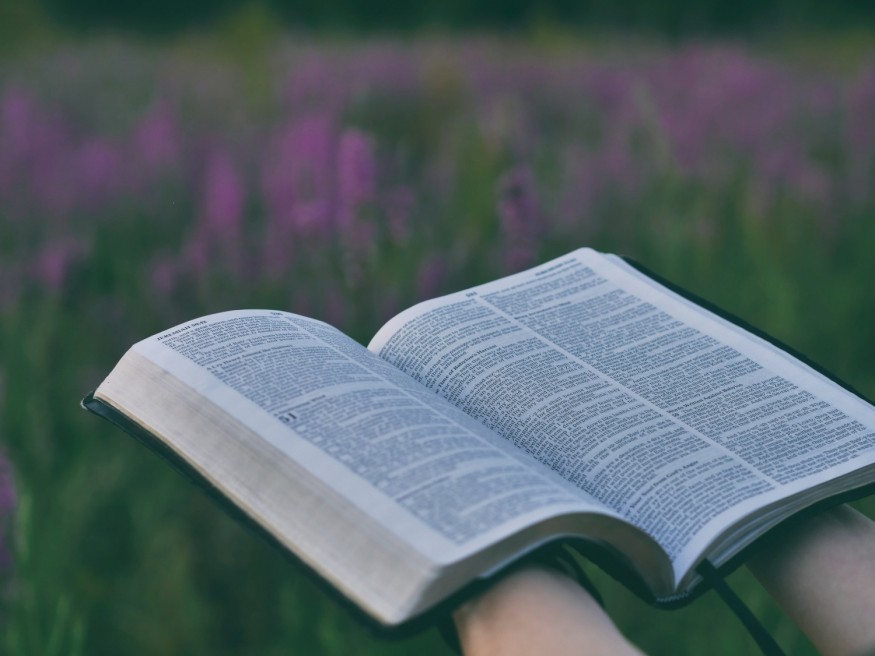
There is no major religion that opposes vaccination, and yet many parents have been using it as a reason to exempt their children from the mandatory vaccination, according to a new study.
Based on a study published in the medical journal Pediatrics, there has been a significant increase of religious exemptions between 2011 and 2017.
Exploiting the right
Currently, there are only 15 states that allow parents to refuse the vaccination due to personal belief. Meanwhile, there are 45 states that allow religious belief exemptions, and anti-vaxxer parents are exploiting this right.
The state of Vermont originally allowed personal belief exemption. However, in 2016, this was abolished, prompting parents to file for religious belief exemption instead.
Initially, there were only one in every 200 students with religious vaccine exemptions each year. After the abolition, it surged to 1 in every 25 or about 640 percent increase, according to Dr. Joshua Williams, the study's lead author and an assistant professor of pediatrics at the University of Colorado.
Dr. Williams called this situation a "replacement effect", as only few parents will actually choose religious exemption if there are other options.
But religions are not against vaccine...
Christianity is the major religion in the United States. And the Vatican supports vaccination.
Other religions are also reported to be practicing vaccination or something similar. One thousand years ago, Buddhists nuns are practicing variolation, which involves deliberately exposing an individual to the smallpox virus to acquire a mild form of the disease in exchange for a lifelong protection. This practice is considered as the early version of smallpox vaccination. For the Jewish society, on the other hand, a rabbi considered immunization an "eager religious devotion".
Parents are just exhausting options.
Parents are just looking for a reason to avoid the vaccination laws legally, said Rupali Limaye, associate director for behavioral research at the Johns Hopkins Institute for Vaccine Safety. She also claimed that this amuses her since a study found out that there are fewer people who practice any form of religion in the United States.
In fact, a report from Pew Research Center said that at least 22.8 percent of Americans claimed they are agnostic or atheists in 2014, compared to 16.1 percent seven years ago.
For that, the study challenged the validity of religious exemption category, since it might not be serving its intended purpose.
Since the parents think they are doing what is best for their child, they will exhaust all options to support their vaccine hesitancy even if it meant lying about religious belief, said Rupali Limaye, associate director for behavioral research at the Johns Hopkins Institute for Vaccine Safety.
So to fix this matter, Limaye suggested building trust, and that can be done through "engaging with these parents that have concerns".
Although eliminating religious exemption sounds like the most obvious solution, Limaye feared that it may result to more distrust to the health care system as this action might be seen as "punitive".
Dr. Jessica Atwell, an epidemiologist and also a colleague of Limaye, supported Limaye. With that, she suggested putting a stricter requirements on filling nonmedical exemptions.
Vaccination has been proven to be a cost-effective disease-prevention measures. According to the World Health Organization, at least two to three million deaths are prevented annually. Unfortunately, due to surging misinformation and misconceptions, vaccine hesitancy becomes a trend that WHO included it on the Top 10 Global Health Threat. About 1.5 million more lives can be saved if the global coverage of vaccinations improved, the organization claimed.
RELATED ARTICLE : U.S. health officials blames anti-vax movement for measles outbreak
© 2026 NatureWorldNews.com All rights reserved. Do not reproduce without permission.





